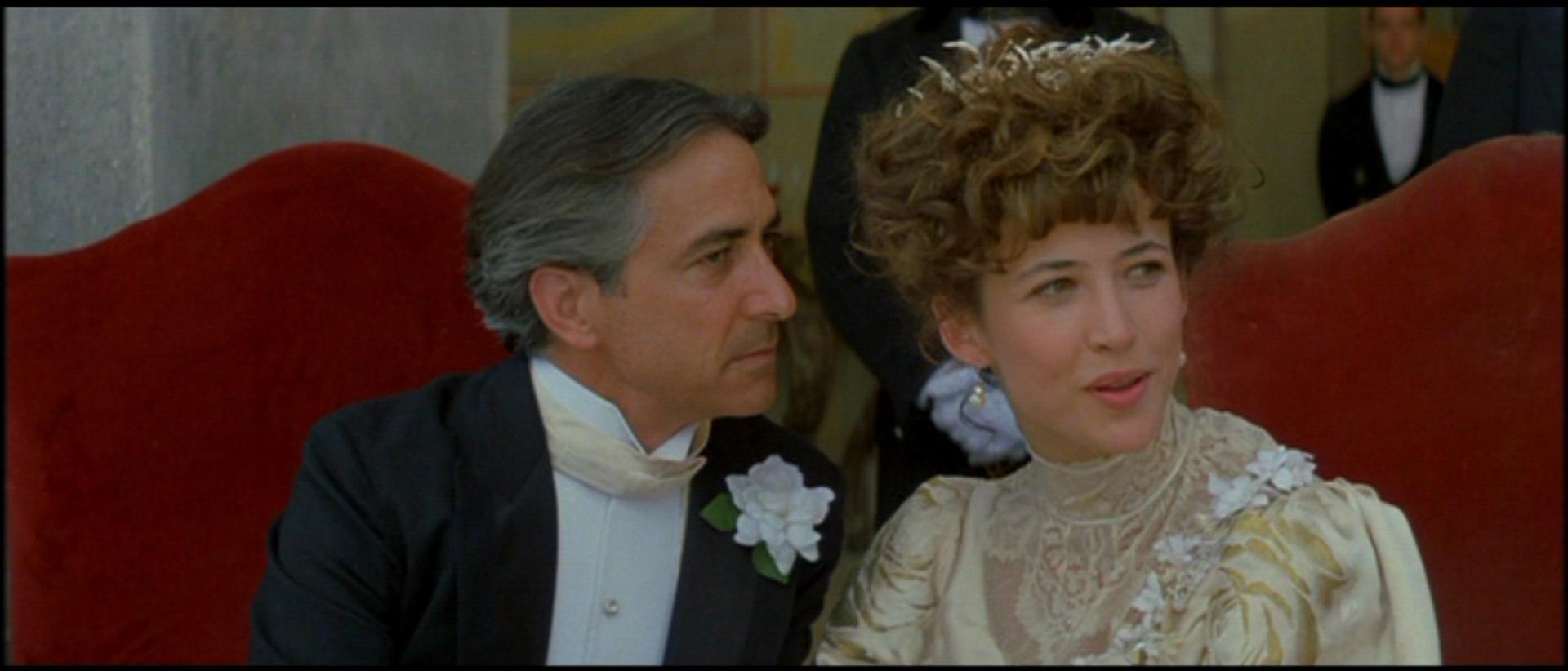
One motivation for relaunching Quintessence of Dust was my desire to write about things I'm reading, whether books or articles. So here is this month's entry in my new series, What I'm reading , posted at the start of every month. Fiction Tomorrow, and Tomorrow, and Tomorrow by Gabrielle Zevin Recommended by colleagues on our PLOS Slack channel and in a great review at NPR.









